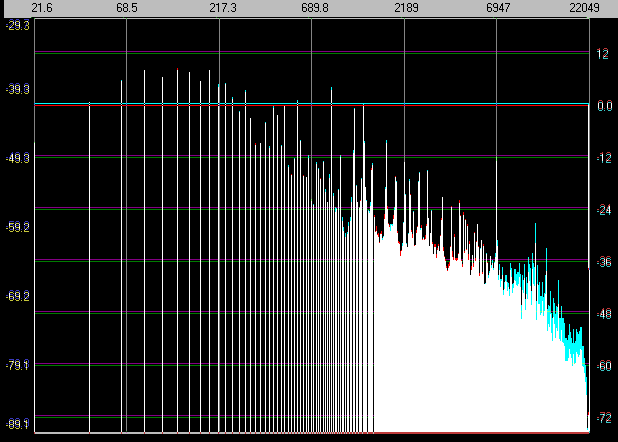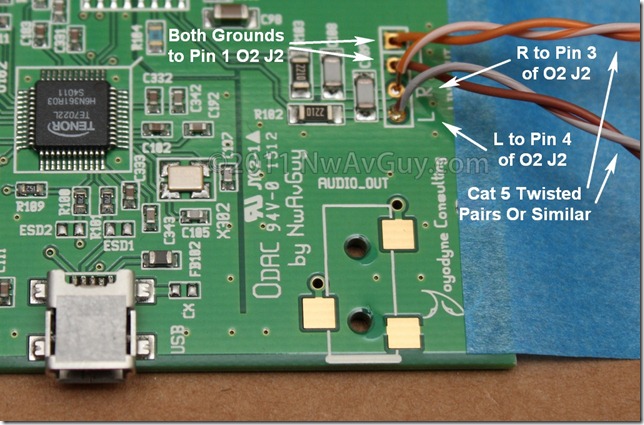maverickronin
Headphoneus Supremus
- Joined
- Apr 5, 2010
- Posts
- 7,390
- Likes
- 420
Quote:
RLC
Hmm why not ? And what would you say could affect the sound in a cable? And yeah poorly shielded cables would degrade sound quality for sure but what other points you say matter more than being a copper or silver cable?
RLC
























